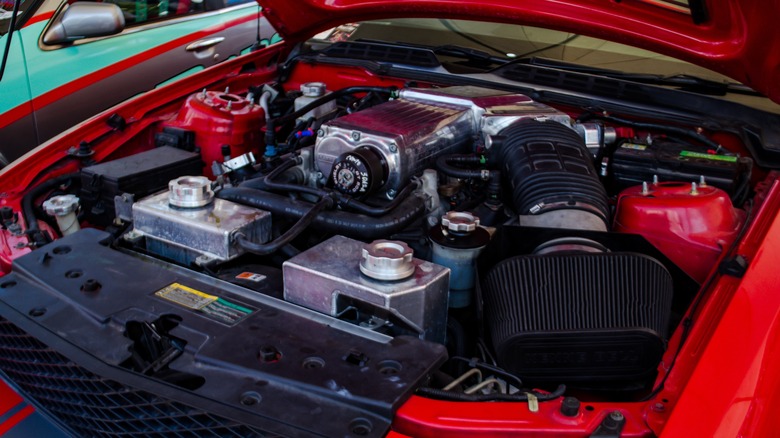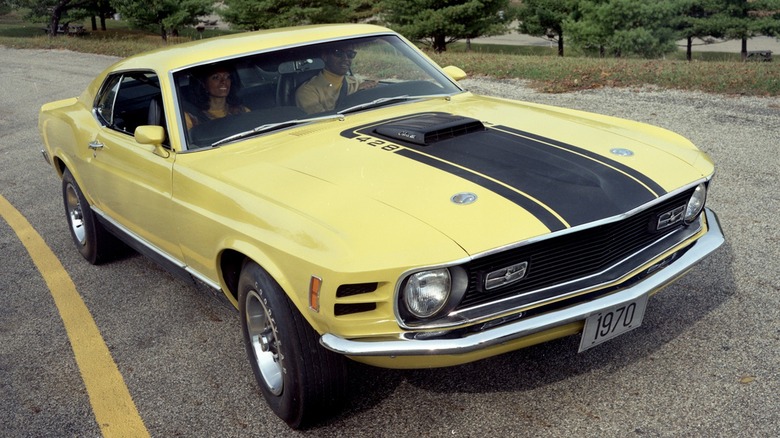Are Crate Engines Street Legal?
Installing a crate engine into your car is a surefire way to boost its performance, providing your car with more horsepower and torque. But will your car still be street-legal? That depends on the type of crate engine.
A crate engine is basically a complete engine already assembled with all the needed components. The name comes from the engines often arriving in a large crate, ready to be installed upon arrival (with some professional help). Crate engines are most often used when restoring old cars or increasing an old car's power for racing purposes. They are especially popular with muscle cars.
Crate engines can either be a stock replacement of a car's existing engine with the same factory-installed specifications or high-performance, meaning they are designed to increase a car's power through various upgrades. For example, the 1970 Ford Mustang Mach 1 came with a V8 at the time, producing 250 hp but installing a 363 Z-Head Iron Block crate engine will crank it up to 507 hp, more than doubling it.
Are crate engines street legal?
So is it street-legal to be driving a car with that much added power under the hood? In most cases, yes. There are some crate engines, however, that will make your car illegal to drive on the road.
The usual reason for a crate engine not being street legal is if it no longer can pass an emissions test. All states require your car to pass an emissions test, although each state has its own specific requirements. The Environmental Protection Agency set emission standards back in 1990 with the Clean Air Act in an attempt to minimize pollutants released from cars. You'll need to check your state's rules for passing an emissions test to see if the crate engine you have in mind can pass. Some crate engines will state that they are "competition only" if they have not submitted the engine to the EPA to be certified or include tuner kits, which are not street legal in most states, including ones with stricter emissions testing like California.
This can change if you're driving a classic car over 25 years old. Classic cars generally don't need to undergo emissions testing in the US, but this could vary from state to state. While an older car with a hot rod crate engine may not need an emissions test in some states, it's best to check with your specific county's regulations to ensure you're allowed on the road. For example, California requires even classic cars to get an inspection if they undergo an engine change.

